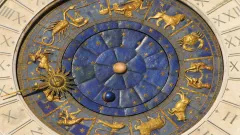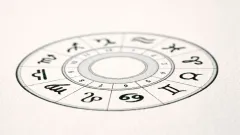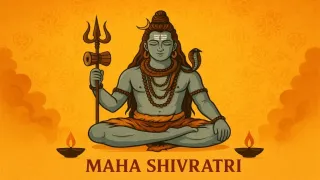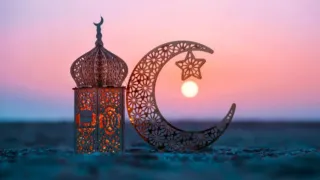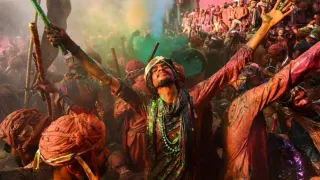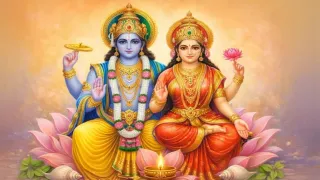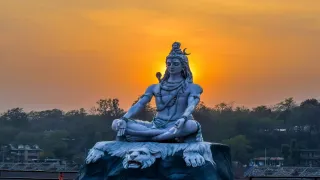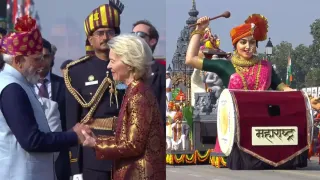Christmas is one of the most cherished and awaited festivals celebrated globally every year on December 25. The day commemorates the birth of Jesus Christ, revered as the Son of God in Christianity, and emphasizes his teachings of love, forgiveness, and compassion. Beyond its religious roots, Christmas has evolved into a joyous occasion bringing together families and communities. From decorating Christmas trees to exchanging heartfelt gifts, the festival embodies warmth, cheer, and unity. But why is Christmas celebrated on December 25? Let’s delve into its fascinating history and significance.
The Historical Roots of Christmas
Interestingly, the Bible does not provide a specific date for the birth of Jesus Christ. Early Christians focused on Jesus' teachings, death, and resurrection rather than celebrating his birth. It wasn’t until centuries later that December 25 was officially recognized as Christmas Day.
This date aligns with ancient Roman traditions, particularly the festival of dies natalis solis invicti, or the 'birthday of the Invincible Sun,' which marked the winter solstice. In Roman times, December 25 symbolized the return of longer days and the rebirth of the sun. Early Christians may have chosen this date to draw parallels between the sun’s rebirth and Jesus Christ, who referred to himself as the 'light of the world' (John 8:12). This symbolic connection between light, rebirth, and hope reinforced December 25 as a fitting date to celebrate Christ’s birth.
Significance and Celebration
Christmas is more than just a day to celebrate the birth of Jesus Christ. It is a time of reflection, gratitude, and joy. The teachings of Jesus Christ—love, kindness, and compassion—are central themes of the holiday. Families come together to exchange gifts, share festive meals, and partake in traditions like singing carols and attending midnight mass.
The holiday also transcends religious boundaries, uniting people across cultures. It fosters a spirit of giving, community, and hope, making it one of the most universally celebrated festivals.
Modern Traditions and Their Meaning
From decorating evergreen Christmas trees to lighting up homes, modern Christmas traditions are imbued with symbolism. The tree represents eternal life, while the twinkling lights signify hope and joy. Santa Claus, a beloved figure of Christmas folklore, embodies generosity and the magic of childhood.
Communities celebrate Christmas with various cultural touches, including unique regional dishes, festive markets, and local customs, ensuring the holiday remains vibrant and inclusive.
Christmas is a celebration of love, light, and unity. Rooted in the historical birth of Jesus Christ and enriched by centuries of traditions, it remains a day of joy and togetherness. As we celebrate Christmas 2024, let us embrace its true spirit—spreading kindness, sharing happiness, and cherishing the bonds we hold dear.
Make this Christmas special by remembering the values it stands for: compassion, forgiveness, and the eternal light of hope.
Also Read: Karthigai Deepam 2024: Date, Time, Rituals, and Significance




